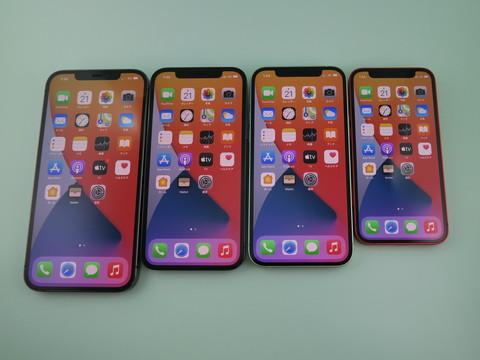The wireless communication equipment industry changes its appearance due to the Huawei problem NEC heads to the world with the "last chance"
The move to eliminate Huawei due to the US-China trade war is affecting the wireless communications industry. In Japan, NEC is poised to launch into the global market with NTT as its backing, and Nokia, the three major manufacturers, is about to change to the top. Will the power map of the industry be rewritten?
Can NEC take the "last chance"?
NEC and NTT have announced a partnership targeting the global 5G market. There is no doubt that there is a movement to eliminate Huawei in the background. In fact, the phrase "the last chance to go out into the world," said Takashi Niino, NEC's CEO and CEO, is more realistic than it was a year or two ago. For example, in the UK, which is struggling to handle Huawei, there is a move to put NEC on the vendor list.
In response to these global movements, it will be trying to promote reliability and innovation by partnering with NTT (NTT has also announced that it will acquire a 4.8% stake in NEC). This is a unique opportunity for NEC, which has been the main domestic market for a long time.
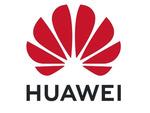
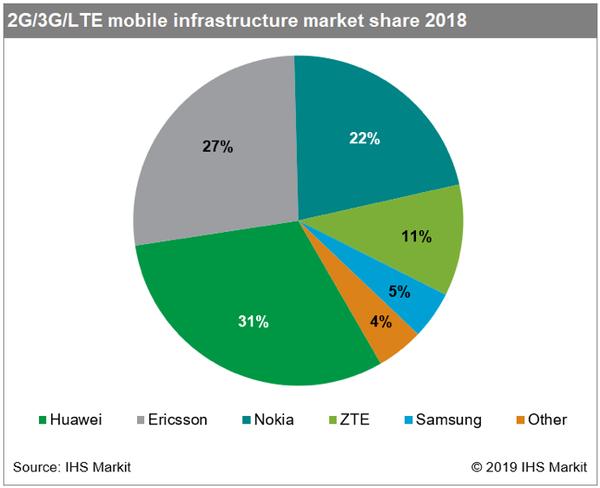
The telecommunications infrastructure industry was reorganized in the mid-2000s due to the telecom bubble triggered by 3G auctions and the rise of Huawei. Lucent and Alcatel merged (later acquired by Nokia), and both Motorola and Nortel disappeared. All that remains are Ericsson, Nokia (Nokia Siemens Networks, and Nokia Networks), which merged with Siemens after separating the terminal division, plus Huawei's three-company system, the era of Huawei has arrived at once. .. Even now, these three strengths occupy 80% of the market. Only ZTE and Samsung remain, and NEC is classified as "Other" (from the graph of IHS Markit).
Global share of mobile infrastructure in 2018 by IHS Markit. NEC and Fujitsu are summarized in "Others"
NEC is going out into that world. Furthermore, it is said that it aims to have a 20% share by 2030.
Nokia aims to regain market share by changing CEO
Nokia is trying to take advantage of another company, the same "N", to reduce Huawei's momentum. In March of this year, Rajeev Suri, who had led the company for 11 years including the Nokia Siemens era, announced his retirement as CEO. Pekka Lundmark will be appointed as the new CEO.
Nokia has been struggling as Ericsson wins contracts in China, its largest market, and has finally announced a partnership with China Unicom. It also announced that it has partnered with Broadcom to develop custom chips in connection with its own chipset "Reef Shark" announced in 2018. On the other hand, it is also reported that the number of employees will be reduced by about 1,200 at the base in France, which was inherited from the Alcatel-Lucent era. This is part of the company's cost-cutting plan announced in April.
When the change of CEO was announced, Mr. Lundmarck was scheduled to take office on September 1, but it was announced that he would be one month ahead of schedule, and he will enter the new CEO system from August 1.

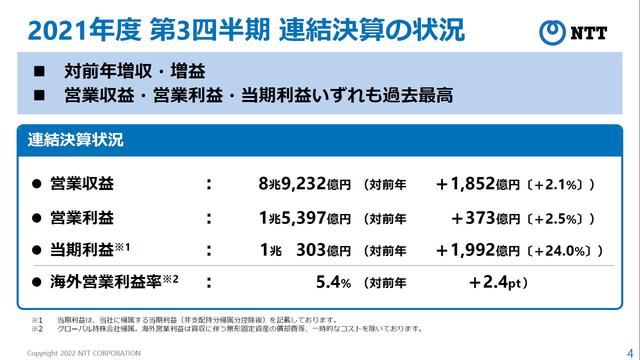


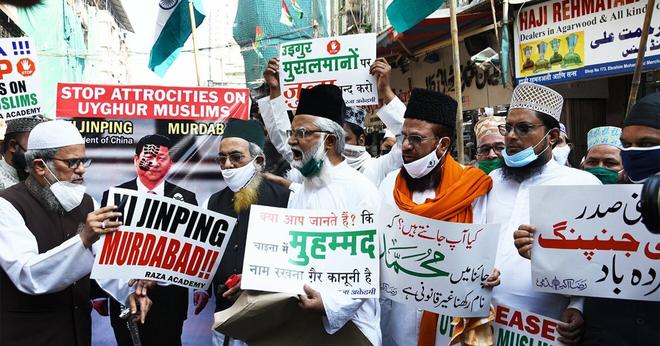
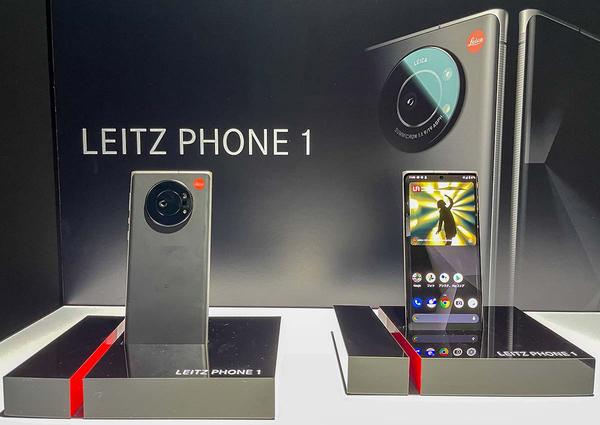
![[July 6 and 7] DX realized by content cloud, advanced platform for business transformation](https://website-google-hk.oss-cn-hongkong.aliyuncs.com/drawing/article_results_9/2022/3/9/6bbafe438d78271513761788166cbf94_0.jpeg)
